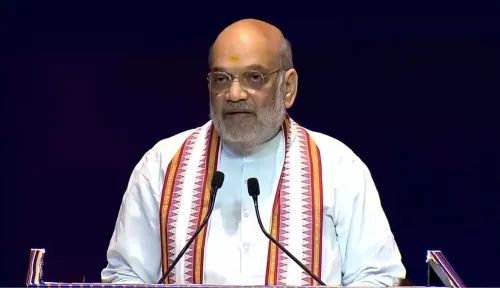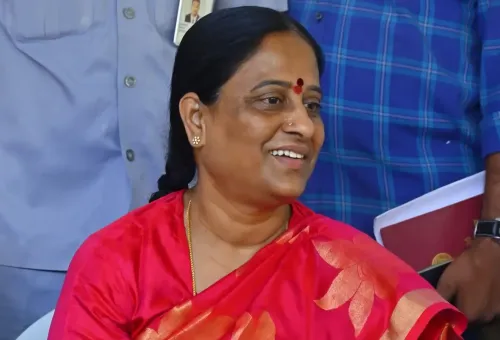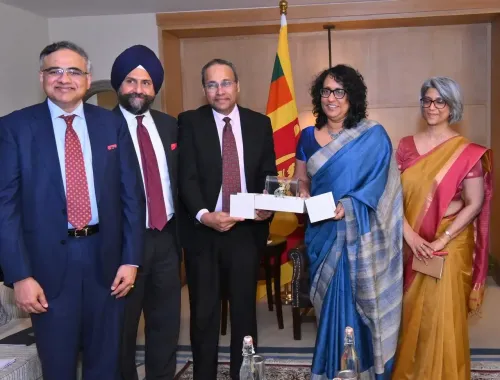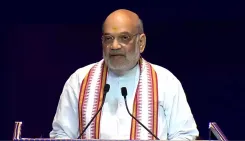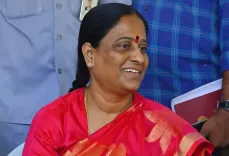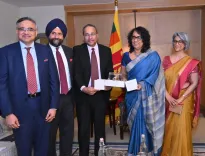Will ECI Implement T.N. Seshan’s 1994 Guidelines for Burqa-Clad Women in Bihar Elections?
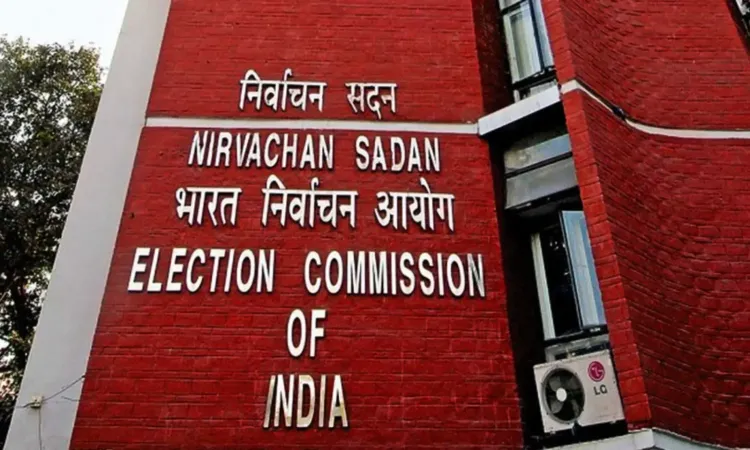
Synopsis
Key Takeaways
- ECI is enforcing guidelines for Burqa-clad women.
- Special arrangements at polling stations are mandated.
- Female voter turnout is expected to rise significantly.
- T.N. Seshan's 1994 guidelines are pivotal for inclusivity.
- The initiative reflects ECI's commitment to gender equality.
New Delhi, Oct 16 (NationPress) The Election Commission of India (ECI) has declared that it will rigorously implement the significant guidelines established by former Chief Election Commissioner T.N. Seshan in 1994 concerning 'Pardanasheen' (Burqa-clad) women voters in the upcoming Bihar assembly elections.
In reference to its 1994 directive titled "General elections to State Legislative Assemblies-1994-Special facilities in polling stations for women electors," the commission confirmed that it is upholding T.N. Seshan's 1994 mandates regarding Pardanasheens in Bihar.
The term 'Pardanasheen' describes women who, due to cultural practices, refrain from appearing before male officials or in public areas without veils.
In 1994, T.N. Seshan laid out specific rules directing polling staff to facilitate arrangements that honor these cultural sensitivities, allowing these women to vote without intimidation or concerns over their identity.
The 1994 order specified that the Chief Electoral Officer, District Election Officer, Returning Officer, Assistant Returning Officer, and Presiding Officer are tasked with ensuring special provisions for women voters, enabling them to exercise their voting rights with the presence of female staff.
“In instances where the female voter turnout is substantial (for instance, 50 percent or more) and where Burqa or purdah is a social practice, there must be at least one female Polling Officer at each polling station,” it mentioned.
Additionally, it stated that, “If there are insufficient women officials available, the Returning Officer or Presiding Officer can appoint 'any woman to serve as an attendant' at the polling site under Rule 34(2).”
With the Bihar elections approaching next month, the Election Commission’s statement underscores its commitment to uphold the rights of every voter, regardless of gender.
As Bihar prepares for a two-phase voting process, the renewed focus on inclusive polling practices by the Election Commission aims to significantly enhance female voter participation, particularly in rural and traditional areas.

